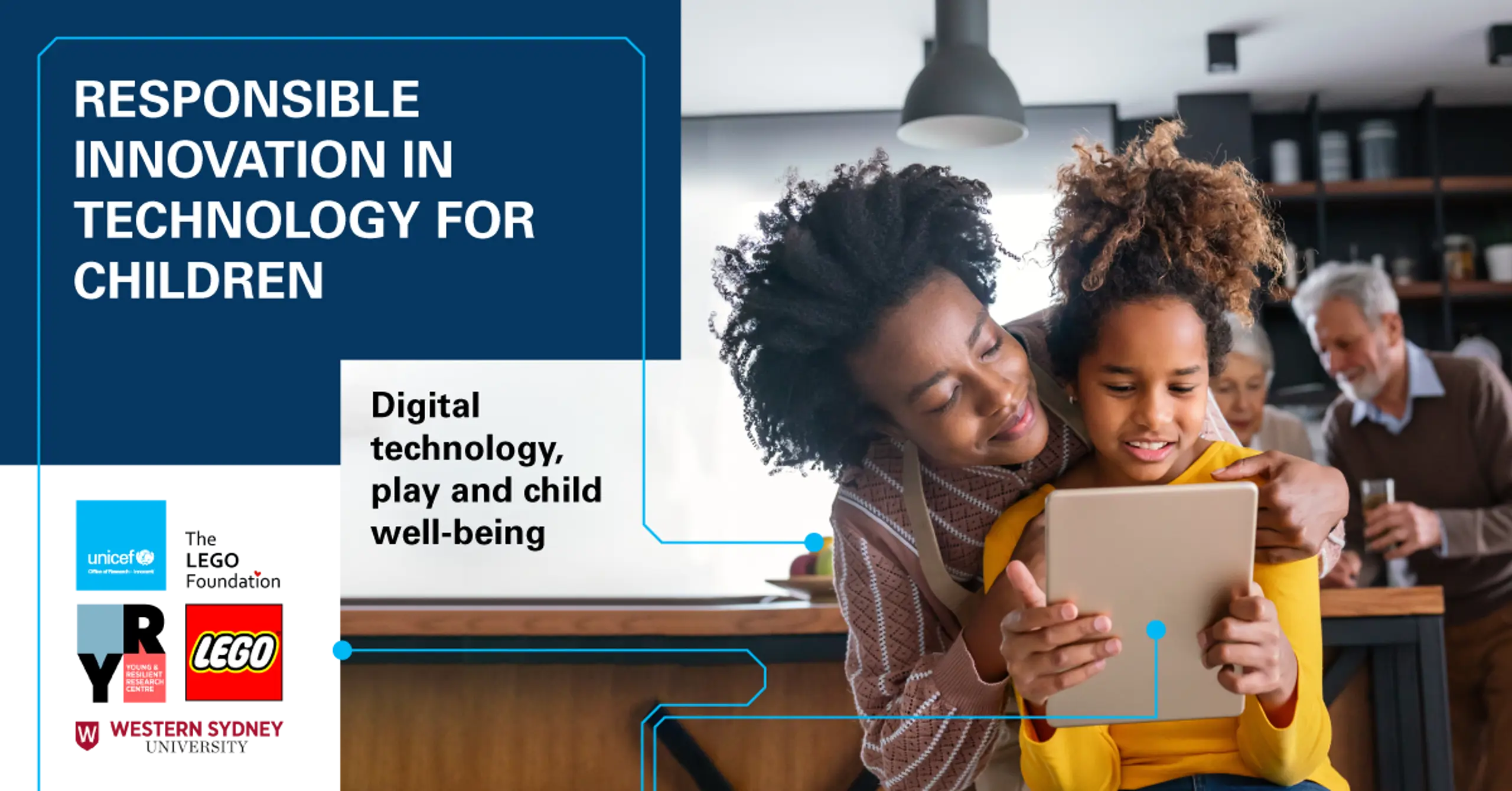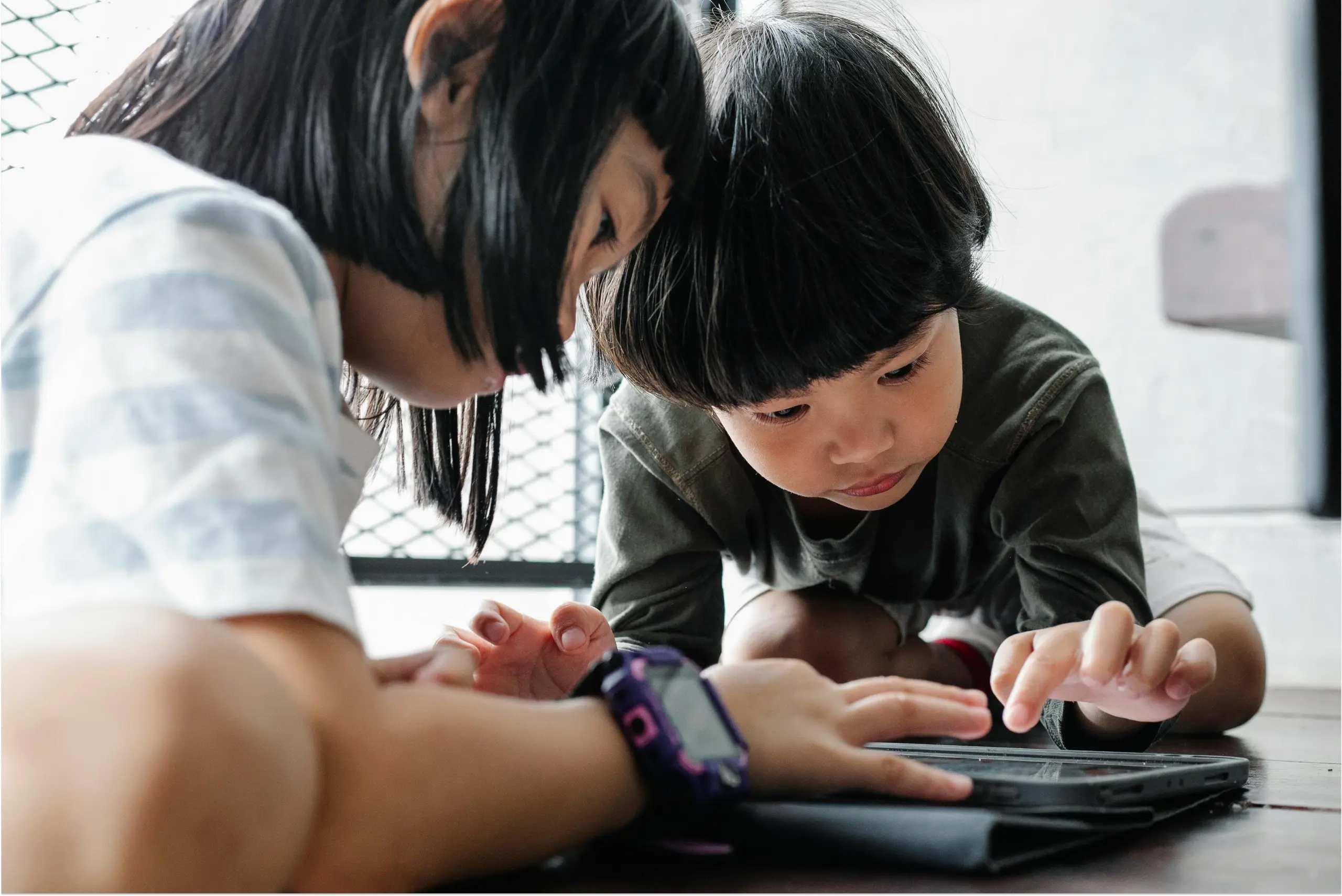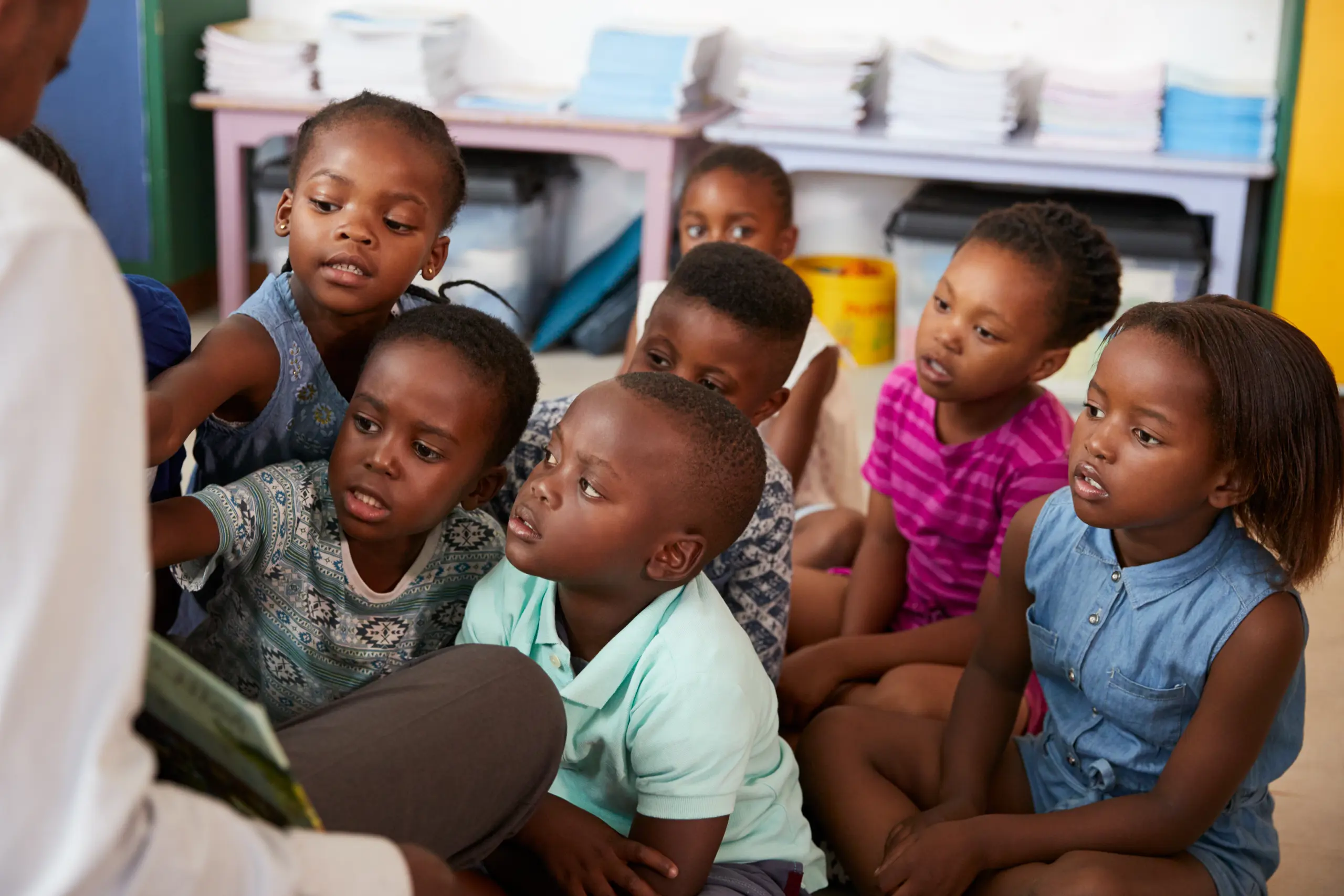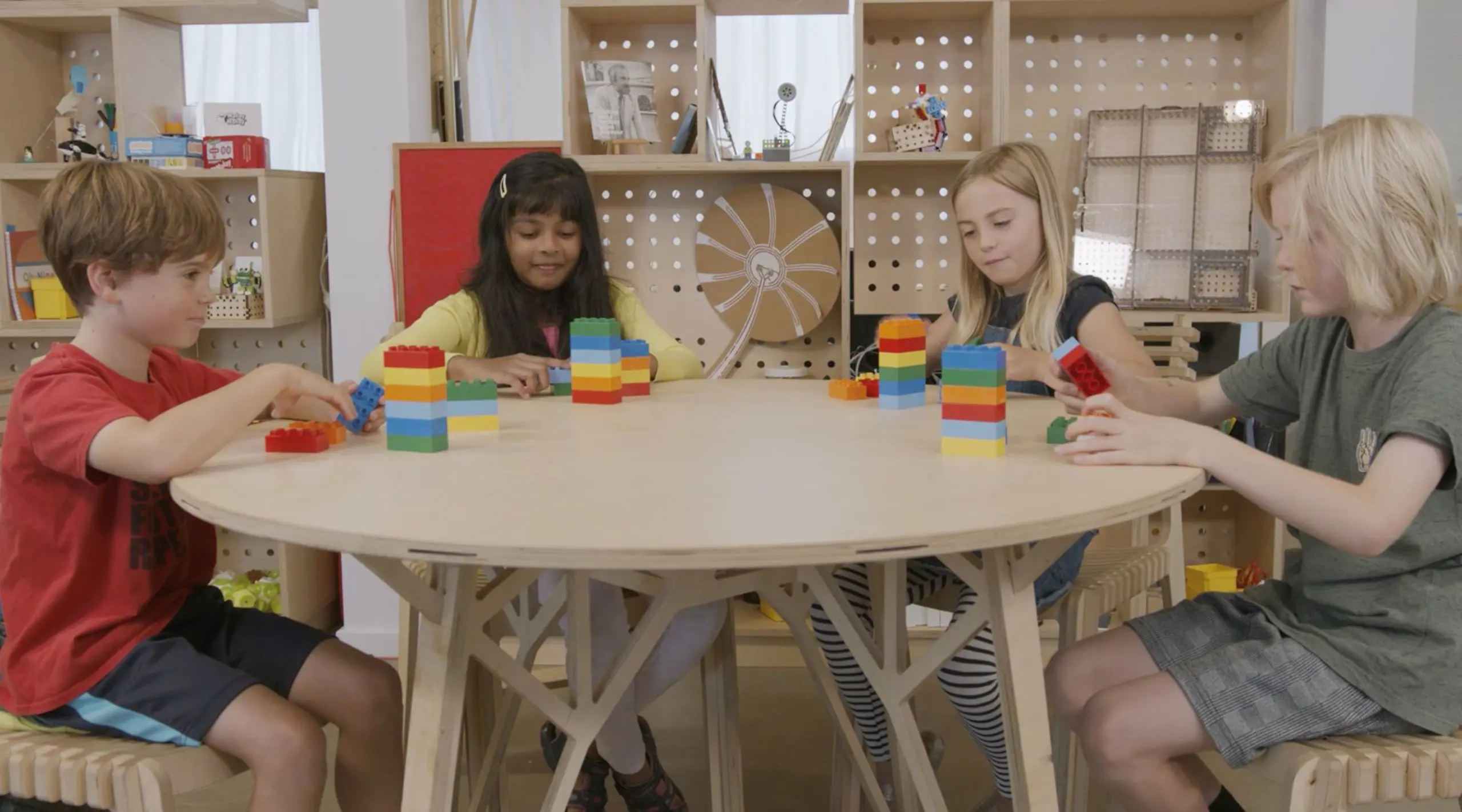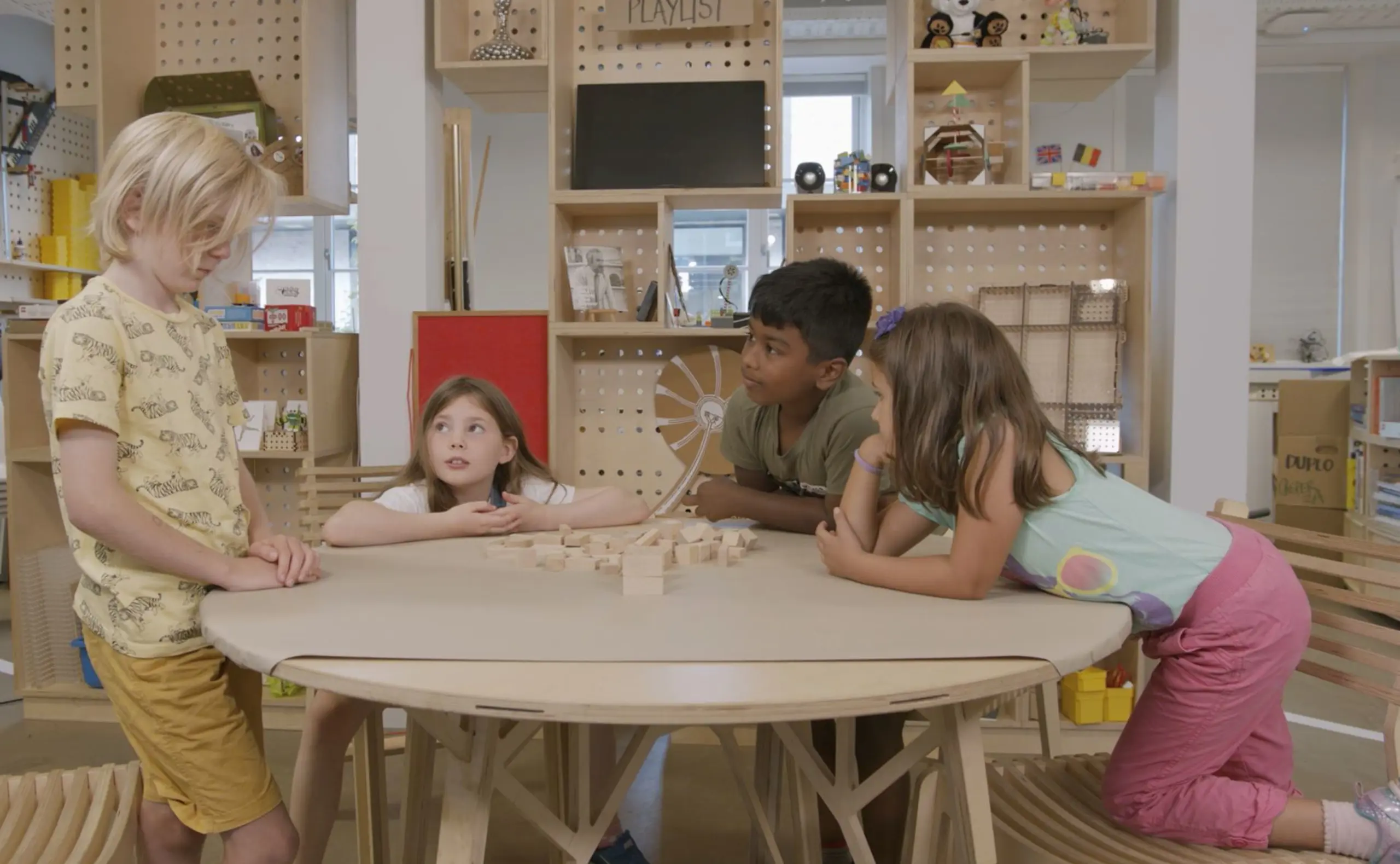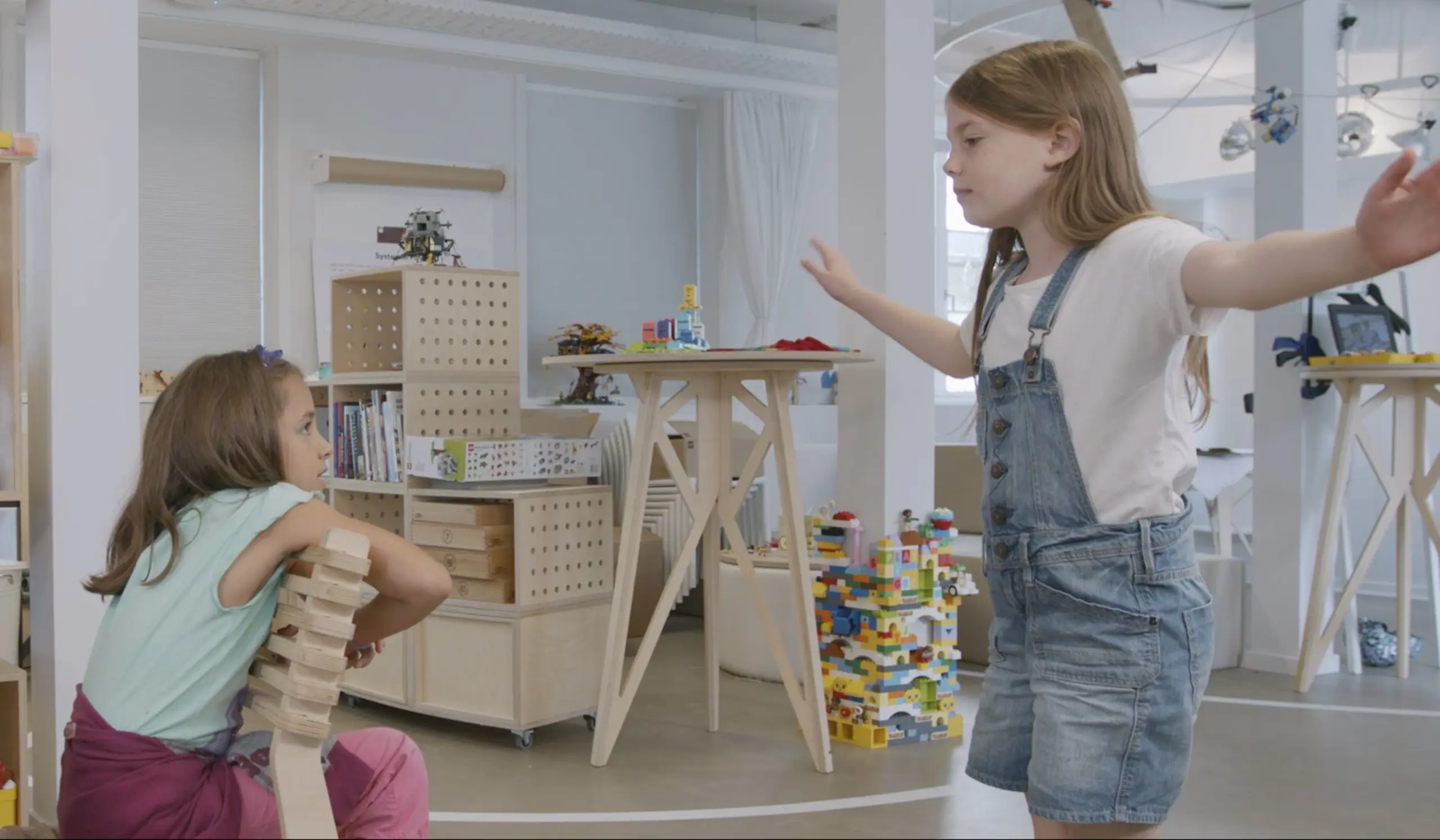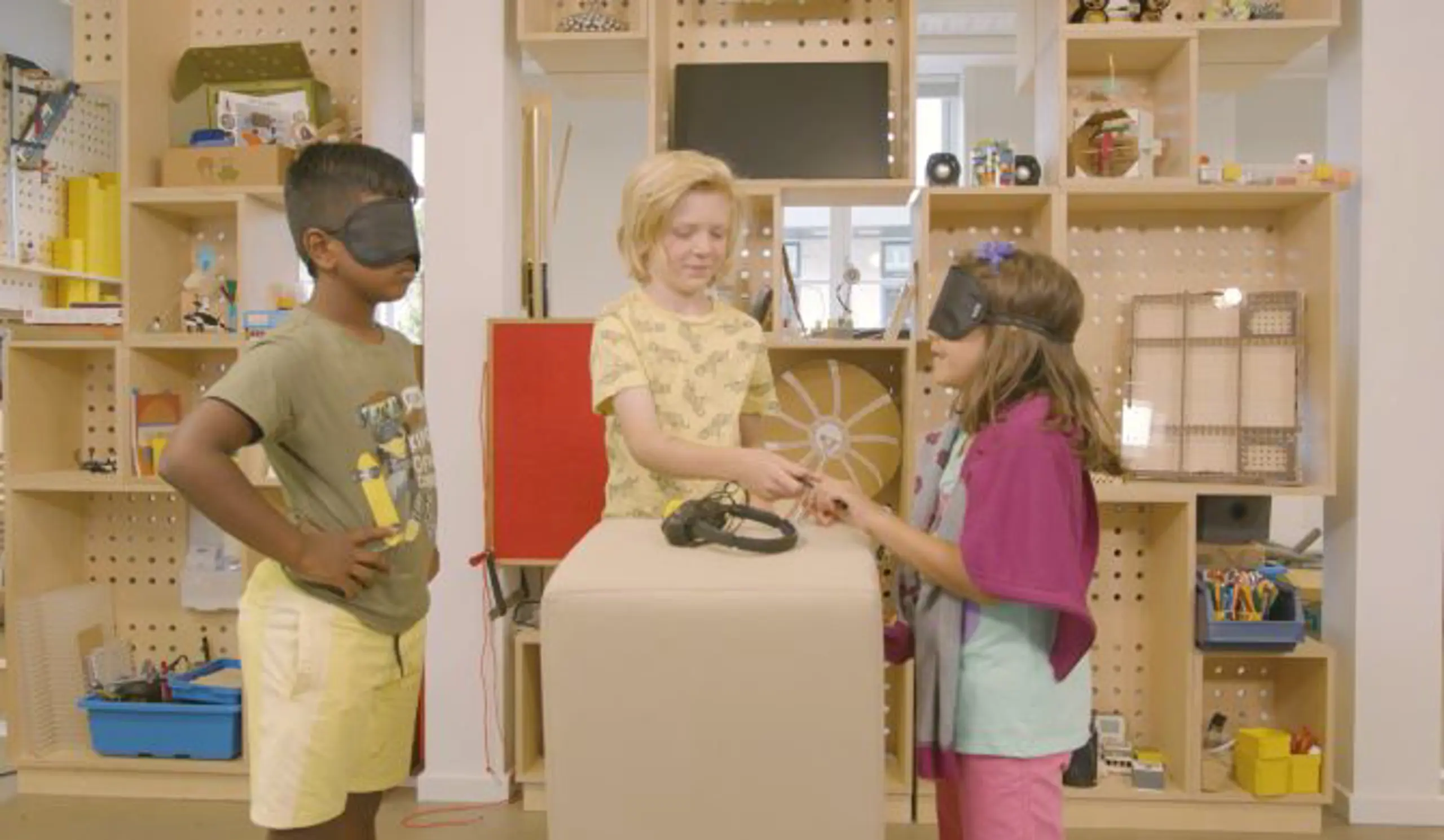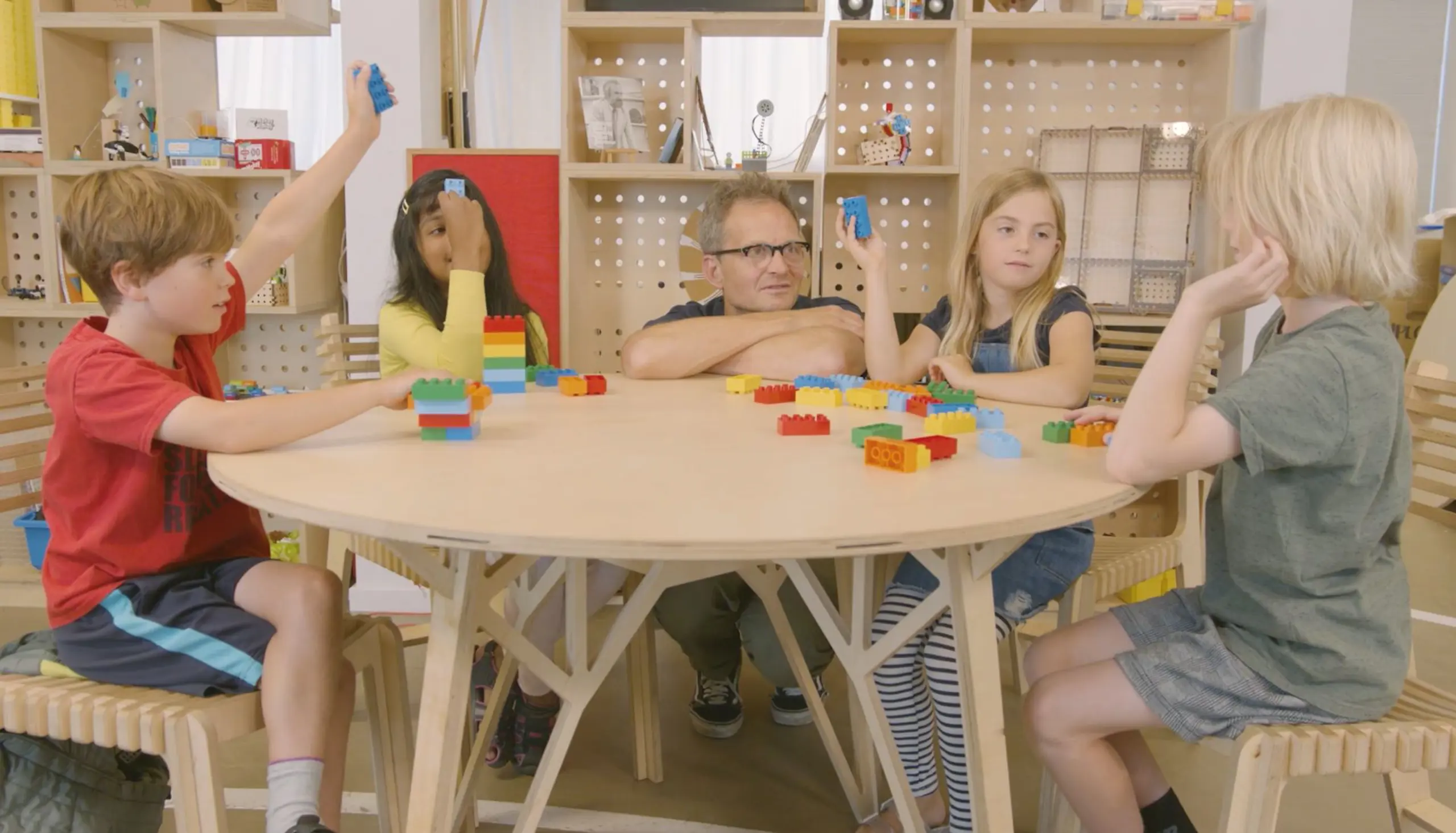Children spend more time online than ever – so it is vitally important that digital platforms are a safe space to explore and learn through play. Here’s how organisations are steering industry and governments to put children’s wellbeing first.
Digital play isn’t going away – and we can unlock its benefits
Mobile apps. Social media. Online games. Children live digital lives now, in a way they never have before. That can worry parents sometimes – but there is plenty of value in screen time, too. Digital spaces give children another way to learn through play: exploring, experimenting, and teaming up with other children.
To get the best out of technology, though, we need to put children’s wellbeing first.
The RITEC research project is helping to shape digital spaces around children
It stands for ‘Responsible Innovation in Technology for Children’. And it brings together universities, research hubs and child-centred organisations to deepen our understanding of technology, play, and wellbeing.
As part of RITEC, the LEGO Foundation funded and provided insights to a joint project between the LEGO Group and UNICEF, which included research partners from UNICEF Innocenti and Western Sydney University Australia. Children and wellbeing experts have been consulted to co-create a framework that will help businesses and governments make better digital decisions when designing and evaluating digital experiences.
The research team held workshops with over 300 children from 13 countries
The research also drew on data sets from 35,000 more children. The team wanted to know what children think of digital wellbeing – how young people feel when they play, chat, and connect online, and what would help them feel safer and happier.
The findings were released in a report in April 2022. We’ve included some highlights below, but you can download and read it in full, too.
